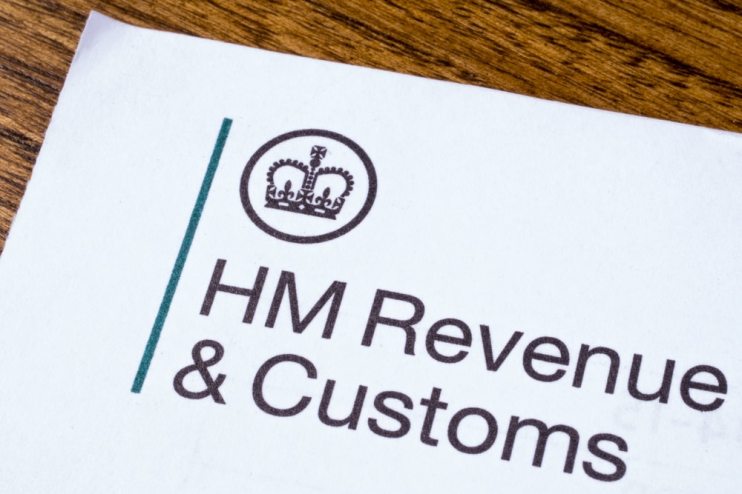UK crypto industry balks at new tax rules for decentralized finance

In a sign that UK regulators are tightening their grip on the crypto industry HMRC has issued new tax rules for decentralized finance (DeFi).
The guidance, issued on Wednesday, marks HMRC’s first step into the murky realm of DeFi, an increasingly popular branch of crypto projects offering decentralized alternatives to the traditional financial services offered by institutions such as banks.
Industry experts are up in arms that the headache of crypto taxes is set to worsen under new rules requiring investors report on returns from lending and staking capital via DeFi projects.
Ian Taylor, the executive director of Crypto UK, criticised HMRC’s approach to crypto taxation and called the classification of digital assets as property “inconsistent” with the approach of other regulatory bodies.
“This inconsistent approach by HMRC creates friction for crypto investors, adds undue reporting requirements for the consumer, and creates tax compliance confusion. Stock lending is not taxed in the same way, for example,” he said.
Crypto UK also raised concerns that lending or staking assets will be classed as a disposal by HMRC for tax purposes at the moment the tokens leave a user’s wallet requiring investors to report on the event.
“This is out of step with the government’s stated aim for the UK to be open and attractive as a destination for investment and innovation post-Brexit,” Taylor commented.
However, a spokesperson for HMRC explained the new guidance was necessary to ensure transparency for all parties.
“The update to the Cryptoasset Manual explains our view on the taxation of the use of cryptoassets in ‘decentralised finance’ (DeFi),” HMRC told City AM.
“DeFi is a novel sector that has grown rapidly since 2020. To date, few tax administrations have published guidance on this complex topic, and this demonstrates our commitment to providing clarity to our customers.”
The popularity of crypto exploded in 2021 causing the total value of assets locked in DeFi to approach $80bn, up by more than 79 per cent compared to last year.
Many DeFi projects allow investors to earn a yield by supplying assets to the protocol. While yields can be high practices such as lending and staking can be risky if the price of the asset is volatile.
The rule change comes amid a crackdown on crypto assets by UK regulators. HM Treasury has issued the Financial Conduct Authority (FCA) with powers to regulate advertisements for crypto products while the Advertising Standards Agency has labelled digital asset promotions a “red alert” priority.
Read more: Is the future of our financial system DeFi?